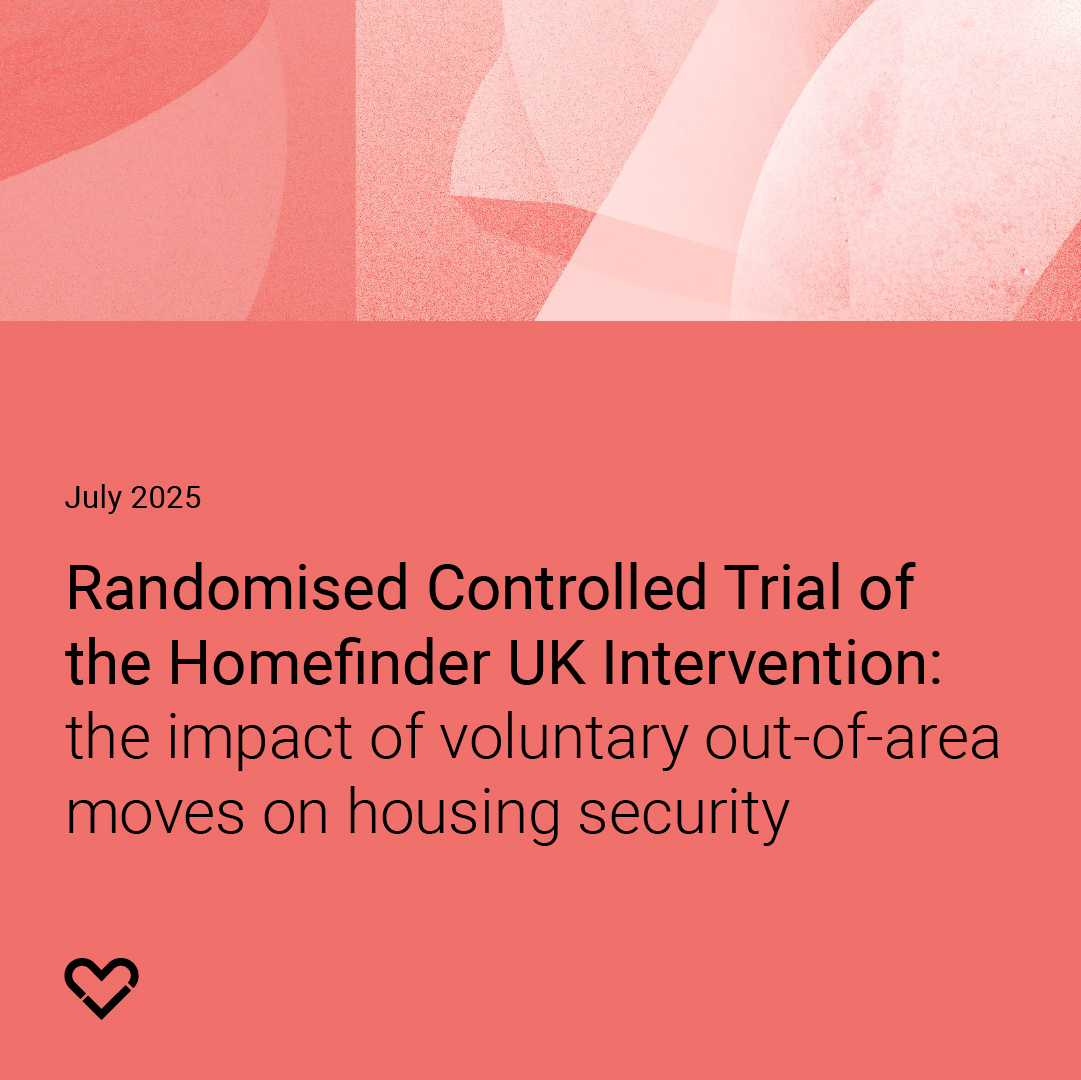Case Management Report
Outline of the Study
This research (a systematic review) looked at what makes case management work for people experiencing homelessness. The team reviewed 64 studies on effectiveness and 41 studies on how programs are actually delivered to understand which parts of case management help most with housing, health, and wellbeing. They examined five different approaches - from basic support to intensive programs like Housing First - to figure out which specific elements make the biggest difference for different groups of people experiencing homelessness. This addresses a key gap in understanding what actually works and for whom.
Findings in Brief
- Case management significantly helps people get and keep housing, with benefits lasting at least 12 months.
- Housing First showed the biggest impact on housing outcomes, followed by intensive community treatment and time-limited intensive support.
- Case management improves people's overall capabilities and wellbeing for up to a year, but doesn't show clear benefits for mental health, substance use, physical health, or employment.
- More intensive support works better, especially for people with complex needs (those dealing with multiple challenges beyond just homelessness).
- Face-to-face meetings appear more helpful than phone or video calls, though this difference wasn't definitive.
- Team-based approaches worked better than assigning one specific case manager to each person.
- Support seems most effective when provided for up to three years - benefits may decrease after that, but some support should still be available long-term.
- Most studies came from the USA and Canada (56 out of 64), with only 3 from the UK, limiting how applicable findings are elsewhere.
- Study quality was poor overall - over half had problems like high dropout rates and poor documentation.
- Key barriers to success included putting conditions on services, while things that helped included strong partnerships between agencies, providing support beyond housing, and giving people choice and safety.
Recommendations in Brief
- Use more intensive approaches like Housing First for people with complex support needs.
- Don't put conditions or requirements on case management support - this consistently creates barriers.
- Prioritize face-to-face meetings over remote support methods.
- Use team approaches rather than individual case managers where possible.
- Plan for case management support lasting up to three years, with some ongoing availability.
- Focus particularly on people with high complexity needs (dealing with two or more issues beyond homelessness) as they benefit most.
- Build strong partnerships between different agencies and services.
- Provide proper training and emotional support for case managers.
- Conduct more research outside North America to understand what works in different contexts.
- Improve research quality, especially addressing high dropout rates and better documenting how programs actually work.
- Develop clearer standards for intensive case management programs to ensure consistency.
No items found.





.jpg)

